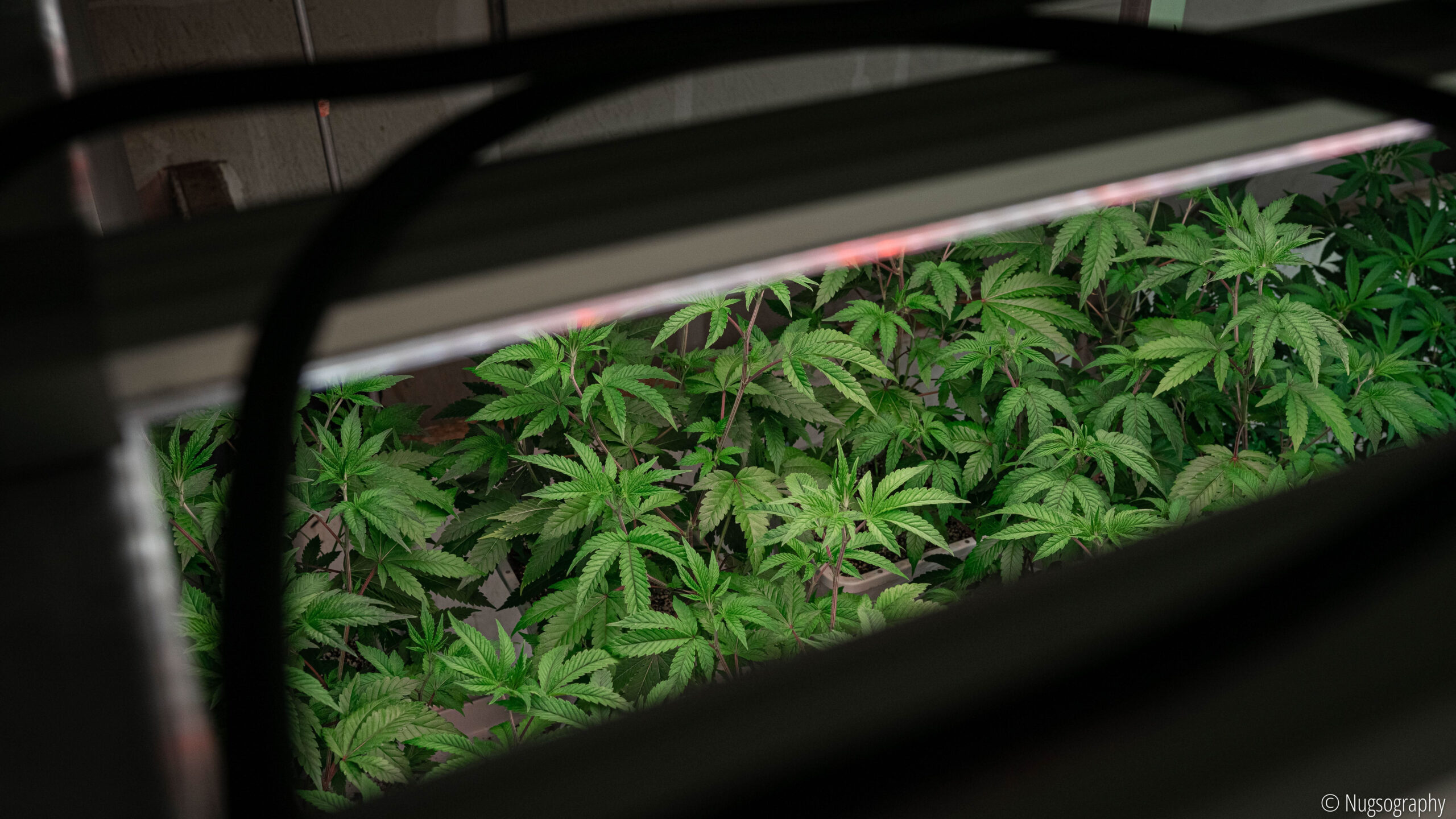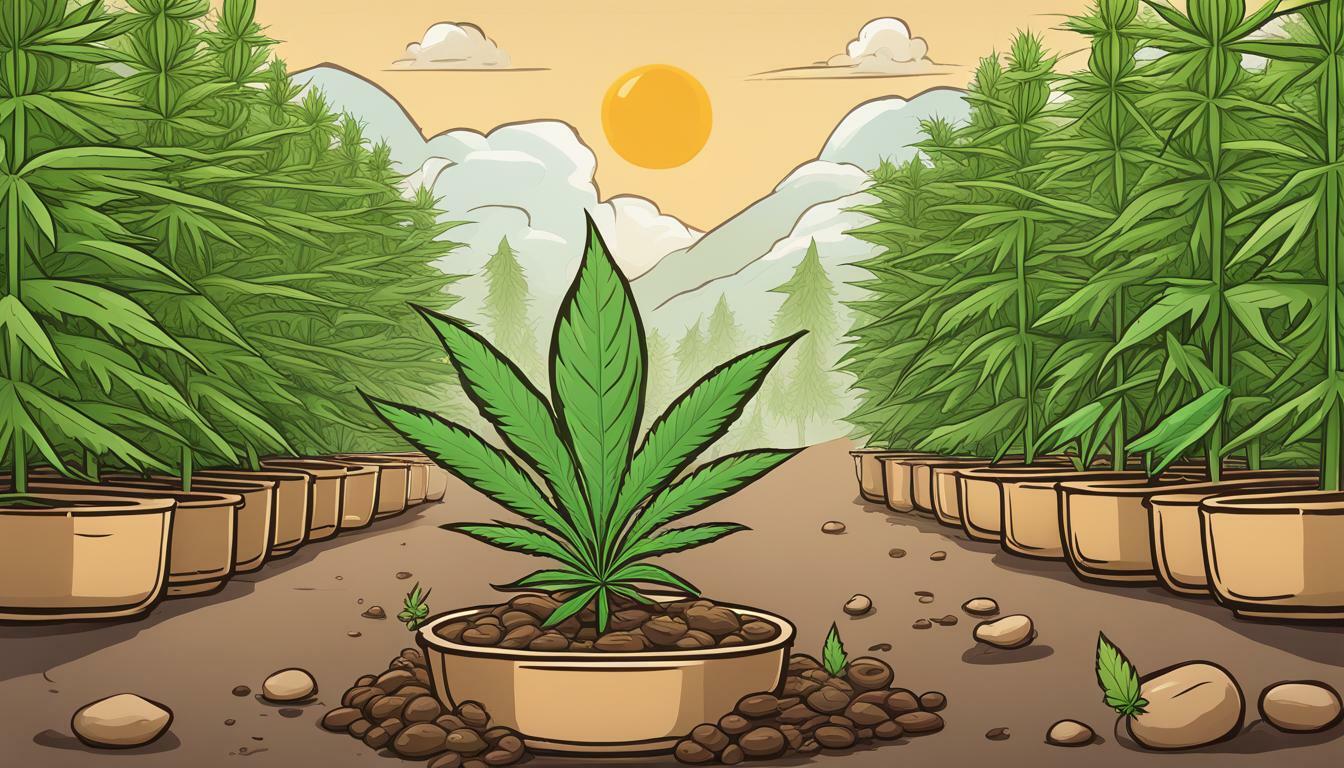High Peaks is committed to furthering the discussion about cannabis policy and increasing understanding of the plant’s complicated history. That brings us to its journey in the great state of NY. The role of New York in cannabis prohibition over the last century is an important aspect of this history. Despite early state efforts to regulate the plant, cannabis was eventually criminalized as part of the larger “War on Drugs” in the 1970s.
Individuals and communities throughout New York, particularly those of color, have suffered as a result of this policy. New York is now at the forefront of a new wave of cannabis policy reform. Recent legislative changes have made it possible for the plant to be more legally and strictly regulated. We will look at the history of cannabis prohibition in New York and the forces that shaped it over time in this article.
Early Efforts to Regulate Cannabis in New York
Cannabis has a long history in New York, dating back to the 1800s when it was used for medicinal purposes. In 1914, the state passed its first law regulating cannabis, which required sellers to obtain a license and established penalties for selling to minors or intoxicated persons. Over the years, New York continued to regulate cannabis in various ways, such as setting possession limits and mandating product labeling.
However, despite these early efforts, cannabis began to be viewed as a threat to social order, and federal legislation such as the Marijuana Tax Act of 1937 ultimately led to the criminalization of cannabis across the country. This trend towards criminalization persisted for decades, until recent efforts to reform cannabis policy in New York and other states began to gain traction. While the early history of cannabis regulation in New York is complex and often overlooked, it provides important context for understanding the current state of cannabis policy in the state.
The War on Drugs and the Criminalization of Cannabis in New York
During the 1970s, cannabis was criminalized as part of the “War on Drugs” policy. This had significant consequences for individuals and communities across New York, particularly communities of color. Despite early efforts to regulate cannabis, federal legislation led to the criminalization of cannabis across the country, culminating in the classification of cannabis as a Schedule I drug. These policies had devastating consequences for individuals, with many receiving lengthy prison sentences for non-violent drug offenses.
The effects of these policies are still felt today, with Black and Latino individuals disproportionately affected by cannabis prohibition, despite similar rates of usage across different racial groups. Fortunately, recent legislative changes in New York and other states are beginning to address these disparities and the harms caused by decades of cannabis prohibition. These changes provide hope for addressing the harms caused by cannabis prohibition and for building a more equitable and just cannabis industry.
Recent Developments in Cannabis Policy in New York
This significant shift in New York’s cannabis policy includes the legalization of medical cannabis in 2014, and the decriminalization of smaller amounts in 2019. However, many advocates felt that these steps did not go far enough in addressing the racial disparities that had resulted from cannabis prohibition. In 2021, New York took a major step forward by legalizing recreational cannabis for adults. This landmark legislation includes provisions to expunge prior cannabis convictions, as well as a commitment to reinvest in communities that have been disproportionately impacted by the War on Drugs.
In addition to creating new economic opportunities, legalizing cannabis has the potential to promote social and racial justice by ending the criminalization of a substance that has been used as a tool of oppression for far too long. Despite the progress that has been made, there is still much work to be done to ensure that the benefits of legal cannabis are distributed equitably across all communities. However, by continuing to push for policies that are guided by a commitment to social and racial justice, we can build a more inclusive and equitable cannabis industry that benefits everyone.




